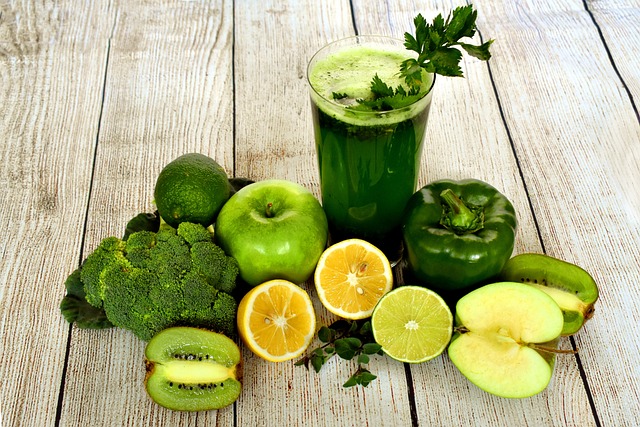Probiotics Unveiled: A Journey to Optimal Gut Health
Introduction
The human body is a marvel of complexity, home to trillions of bacteria, viruses, and fungi that make up our
microbiome. Among them, probiotics have gained popularity for their potential health benefits, particularly when
it comes to maintaining optimal gut health.
Understanding Probiotics
Probiotics are live microorganisms that, when consumed in adequate amounts, provide a health benefit to the host.
They are commonly referred to as “friendly” or “good” bacteria, as they help maintain the delicate balance of
microorganisms in our gut.
These beneficial bacteria can be found in various foods and supplements. The most common types include
Lactobacillus and Bifidobacterium. The strains within these categories have different characteristics and may
offer specific health benefits.
The Role of Probiotics in Gut Health
The gut microbiome plays a vital role in our overall health, influencing digestion, metabolism, immune function,
and even our mental well-being. Probiotics help promote a balanced gut microbiome, creating an environment
conducive to optimal health.
1. Digestive Health
Probiotics support digestion by aiding in the breakdown of food, enhancing nutrient absorption, and preventing
harmful bacteria from colonizing the gut. They can help alleviate digestive issues such as bloating, diarrhea,
and constipation.
2. Immune Support
A significant portion of our immune system resides in the gut. Probiotics strengthen the gut’s barrier function
and modulate the immune response, reducing the risk of infections and supporting overall immune function.
3. Mental Well-being
Recent research suggests a strong connection between the gut and the brain, known as the gut-brain axis. The gut
microbiome produces neurotransmitters and communicates with the central nervous system, influencing mood and
mental health. Probiotics may play a role in managing anxiety, depression, and stress.
Sources of Probiotics
Probiotics can be obtained through diet and supplementation. Here are some natural sources of probiotics:
1. Yogurt
Yogurt is one of the most well-known sources of probiotics. Look for yogurts labeled as containing live and
active cultures, such as Lactobacillus acidophilus and Bifidobacterium lactis.
2. Fermented Foods
Fermented foods like sauerkraut, kimchi, kefir, and tempeh also contain high levels of probiotics. These foods
undergo a fermentation process that encourages the growth of beneficial bacteria.
3. Supplements
If incorporating probiotic-rich foods into your diet is a challenge, supplements can be a convenient alternative.
Look for supplements that contain specific strains of probiotics known to benefit gut health.
Choosing the Right Probiotic Supplement
When selecting a probiotic supplement, consider the following factors:
1. Strain Diversity
Look for supplements that contain multiple strains of bacteria to maximize the benefits.
2. Colony Forming Units (CFUs)
CFUs indicate the number of viable microorganisms in a probiotic. Aim for a supplement with a substantial CFU
count to ensure effectiveness.
3. Shelf Stability
Some probiotics require refrigeration to maintain their potency, while others are shelf-stable. Consider your
lifestyle and choose accordingly.
Conclusion
Probiotics are a fascinating component of the human microbiome with the potential to improve gut health and
enhance overall well-being. Whether obtained through food or supplements, incorporating probiotics into your
routine may offer numerous benefits







